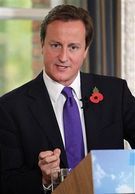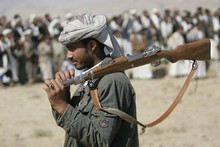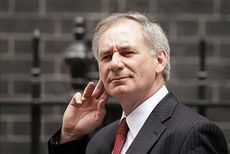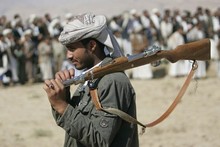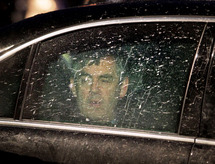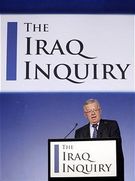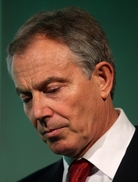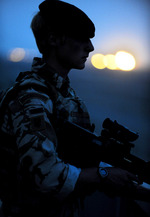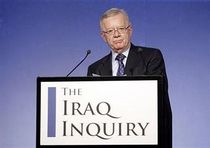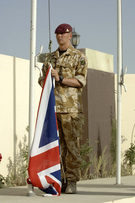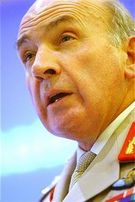Jack Straw: The Ultimate New Labour Politician
He’s the man who managed to be the campaign manager to Tony Blair and then Gordon Brown. Just after the election-that-never-was in 2007 he let it be known that he had counselled against a snap election. Now the Sunday Times publishes the memo he sent to Tony Blair suggesting that the war might turn out to be a bad idea. Jack Straw: the man who always covers his back. In fact, Straw let the existence of this memo be known shortly after the war turned nasty. I considered it common knowledge when I wrote about it in 2007 and I’m pretty sure John Kampfner talked about it in his book


